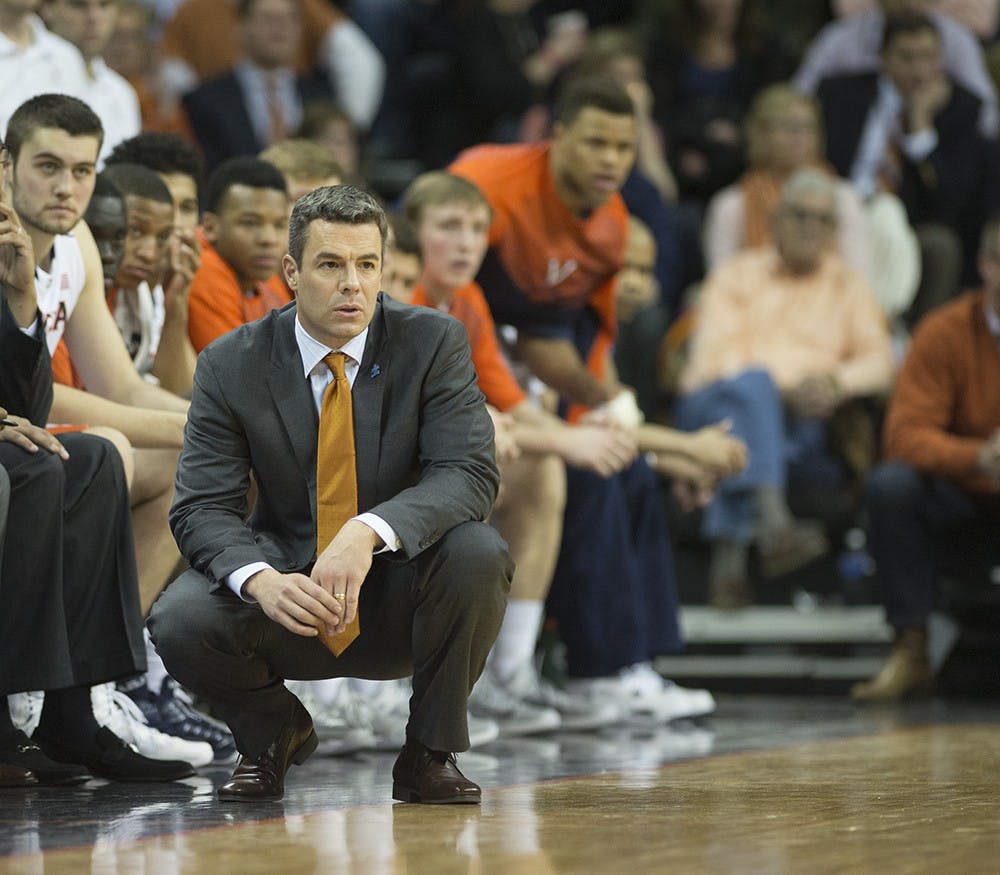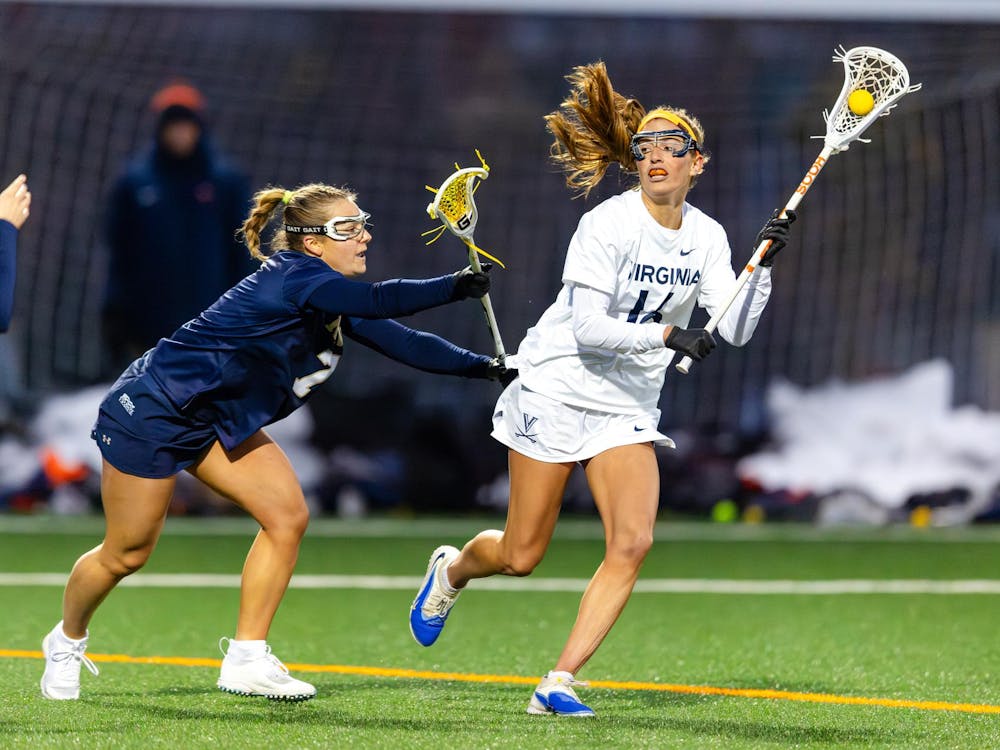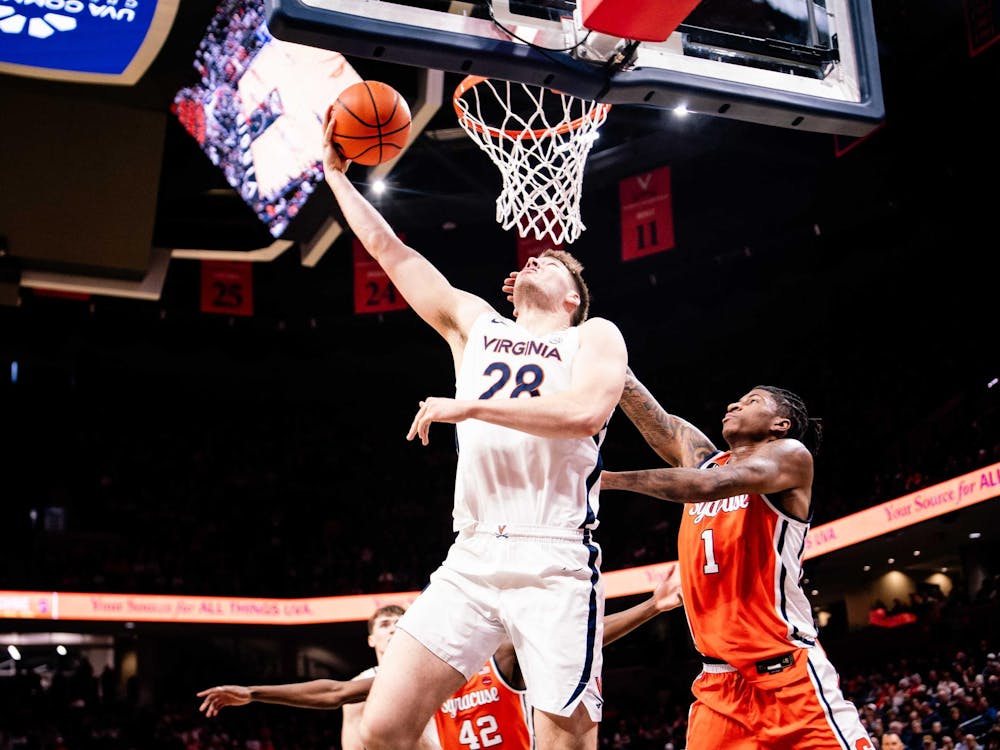It is the eve of the 2015-16 NCAA men’s basketball season and storylines abound. Thus far, much ink, airtime and Twitter characters have been spent on stars, new and established, of the game — players like LSU’s Ben Simmons, Kentucky’s Skal Labissiere and Providence’s Kris Dunn.
However, the most impactful force in the upcoming year of college basketball will not be a player or even a team. College basketball’s deciding factor may be the rulebook and how it is enforced.
You see, college basketball is broken. At least, that is what some people say. The free-flowing game imagined by Dr. James Naismith way back in 1891 has mutated into a drag-‘em-down-and-grind-it-out slugfest.
Because of this, scoring plummeted from 75 points per game in 1993-94 to 67.5 in 2012-13, a low not seen since teams scored 63.3 points per contest in 1952 — a pre-historical time without the presence of a shot clock.
Freedom of movement became the hot phrase in the leadup to the 2013-14 season. Referees renewed their commitment to penalize hand-checking as defined in Rule 10-1.4:
The following acts constitute a foul when committed against a player with the ball: a. Keeping a hand or forearm on the opponent; b. Putting two hands on an opponent. c. Continually jabbing an opponent by extending an arm(s) and placing a hand or forearm on the opponent; d. Using an arm bar to impede the progress of a dribbler.
The effects of the increased offensive freedom were tangible, and scoring increased to 71 points per game in 2013-14. But enforcement was spotty, and officials often fell back into old habits by the start of conference play. It seemed as if referees forgot all about freedom of movement in 2014-15, and scoring slumped back into the high-60s.
Having had enough, the NCAA Playing Rules Oversight Panel, chaired by current MAC commissioner Jon Steinbrecher, once again asserted the importance of freedom of movement during this season. Just as two years ago, expect a crackdown on extra contact early in the season.
But will it last? A stricter enforcement of hand-checking lasted only a couple of months two years ago, so who is to say the same thing will not happen again?
Notre Dame coach Mike Brey thinks it will because postseason assignments will be on the line. “[It] really is a mandate, and the mandate is, if you’re one of those old, veteran [officials] that’s going to say, ‘Look, this is how I call it when it’s league play,’ you’re not going to go to the NCAA tournament,” Brey said. For more on the subject, read David Teel’s piece from which I drew this quote.
What does this all mean for you, the fervent college basketball fan? It looks like you’ll want to pop a few more Pizza Rolls in the microwave and keep the fridge stocked with cold ones because college basketball games may drag out longer than ever.
Fouls slow down the game. At their very worst, they can choke the life out of the contest, which is why intentional fouling, or “hack-a-Shaq,” was a hot topic in the NBA over the offseason. Without a doubt, there will be more fouls called during this men’s basketball season, which means more trips to the scorer’s table to report fouls, more dead clocks and more free throws.
To me, this flies in the face of the other major directive in college basketball — speeding up pace of play. The reduction of the shot clock from 35 seconds to 30, which has completely overshadowed freedom of movement this year, is but one example of this. However, the increase in foul calls may work to undo all the regulations meant to speed up the game.
Now, more importantly, what does this mean for Virginia basketball — a program built on rugged, man-to-man defense? It can go two ways. The first is a worst-case scenario of Apocalyptic proportions. The second is a much more realistic outlook on the upcoming season.
First, Apocalypse Now. With postseason spots on the line, officials call every bump and tug, games last three-and-a-half hours, and the pack line wavers under a barrage of foul calls. Virginia’s best players can’t stay on the court, and the season is a disappointment.
I see very little chance of this prediction coming to fruition, and here’s why. Virginia already knows how to defend without fouling and is so sound defensively that it does not need to rely on illegal contact to keep bodies between the ball and the hoop.
The stats bear this out. Over the past five seasons, the Cavaliers have averaged a hair more than 15 fouls per contest. During that same span, the NCAA average is more than 18 fouls per game.
Furthermore, Virginia is blessed with one of the best coaches in the nation, and Tony Bennett simply won’t let a tweak of the rules negatively impact his team. The great coaches know how to continue their success regardless of circumstances beyond their control.
But of course, none of us simply know, and we won’t know until the season progresses. Just don’t be surprised if you hear more whistles and see more fouls called this season.







